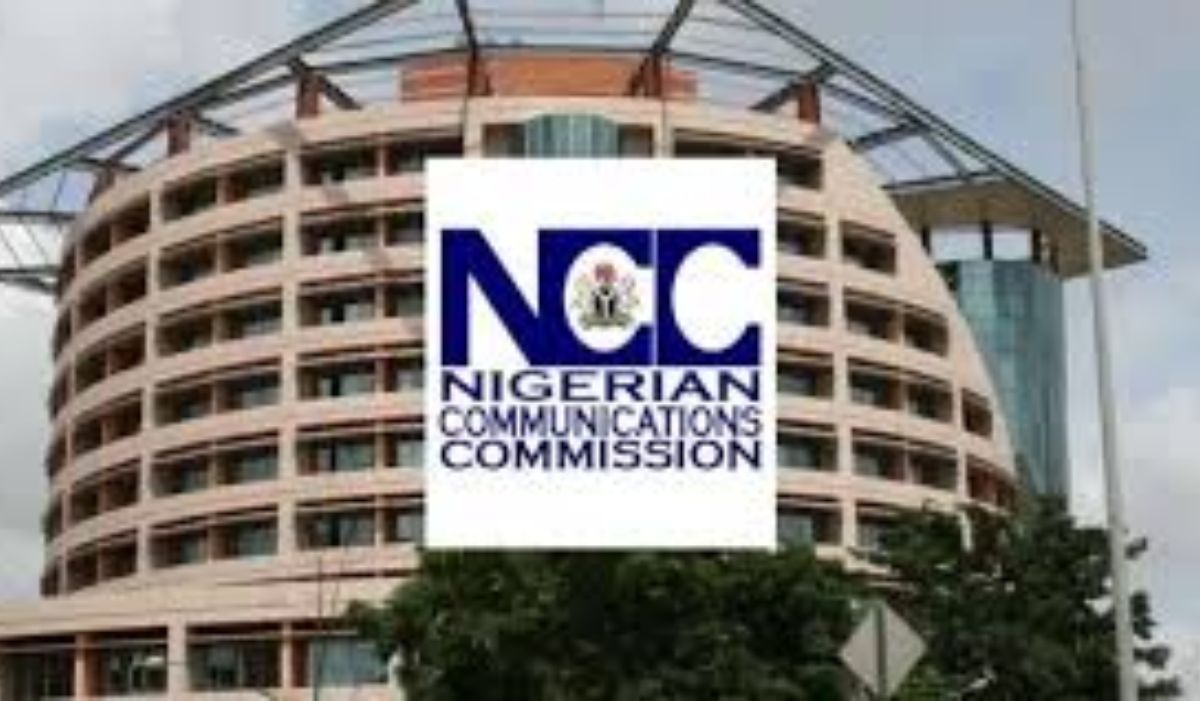Nigeria’s Broadband Penetration Declines for Second Month Despite NCC’s Targets

Nigeria’s broadband penetration fell for the second month in a row, dropping to 48.01% in July, according to new data from the Nigerian Communications Commission (NCC).
This means fewer Nigerians are accessing high-speed internet, as active broadband connections decreased from 105.7 million in June to 104 million in July.
This decline follows a slight dip in June, when penetration slipped from 48.8% in May to 48.7%.
The trend comes despite assurances by the NCC that the country remains on track to achieve the 70% broadband penetration goal by the end of 2025, as outlined in the National Broadband Policy (NBP 2020-2025).
Progress has lagged significantly. The plan had projected 50% penetration by the end of 2023, but the country closed that year at just 43.71%, inching up only marginally to 44.43% in 2024.
The policy also recommended the establishment of at least one local smartphone assembly plant by 2023 to reduce device costs to around ₦18,000. However, no such plant exists, and with the naira’s devaluation, entry-level smartphones now cost over ₦100,000, further limiting broadband adoption.
Other missed milestones include the target that 70% of telecom subscriptions should be on 4G by 2023. NCC’s latest figures show that as of July 2025, only 50.85% of 169.3 million active subscriptions are on 4G.
Industry experts cite the high cost of Right of Way (RoW) charges by states as a major barrier to broadband infrastructure rollout. Only seven states have waived these charges.
NCC’s Executive Vice Chairman, Dr. Aminu Maida, reiterated at a recent telecom forum that state-level regulations remain a stumbling block. He stressed that reviewing such policies is crucial for Nigeria to fully benefit from broadband’s role as a driver of economic growth, digital inclusion, and job creation.
Since the NBP’s launch in March 2020, when penetration was 39.85% (75.4 million users), Nigeria has made only modest progress. Still, internet usage is surging. According to Nairametrics, data consumption hit a record 1.1 million terabytes in July 2025, reflecting growing demand despite slower-than-expected broadband expansion.





